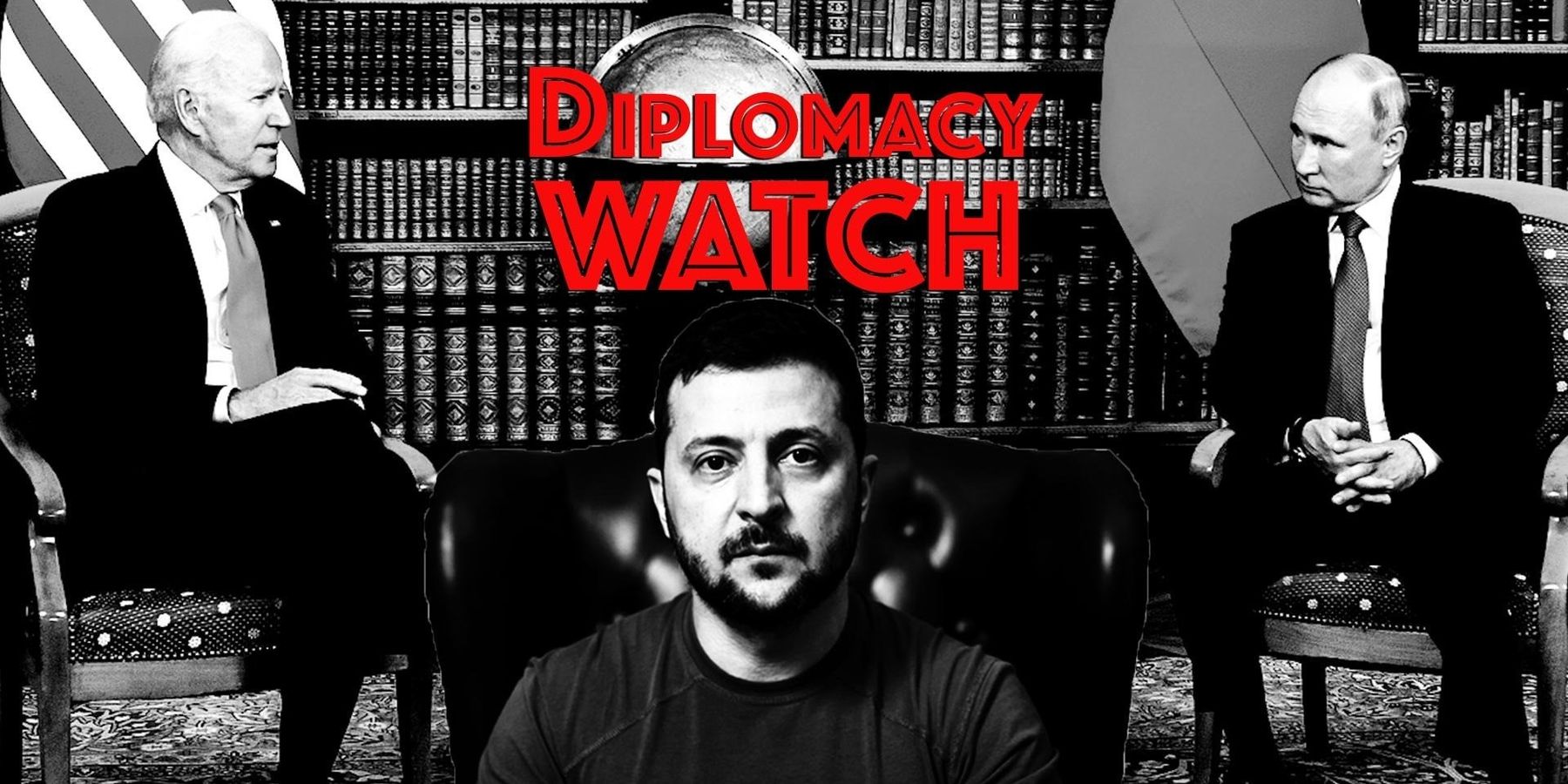After a more than two-month pause, Russia has begun striking deep into Ukraine once again, sending a reported 96 missiles and drones toward civilian infrastructure in the capital this week.
Following the U.S. presidential election, Vladimir Putin has stepped up Russia’s military campaigns. In addition to resuming strikes on Kyiv, Moscow has increased its drone strikes across Ukraine by 44%. Ivan Stupak, a former Ukrainian security officer, says, “In the next few months up to Jan. 20, we are expecting a significantly increasing number of launches towards Ukraine.”
“Launches” from Russia have indeed been steadily increasing. According to Stupak, there were 818 launches in August, 1,410 in September, and 2,072 in October. Ground attacks have intensified as well, especially in the border area of Kursk, which saw a partial Ukrainian occupation in August of this year.
Russia reportedly built up around 50,000 troops in Kursk to participate in a counter-offensive, with around 10,000 North Korean troops present to assist their Russian allies. Following this build-up, the fighting in Kursk this week has yielded high casualties for Russia. In addition to the 2,000 Russians killed or injured on Tuesday alone, Moscow has also lost at least 88 armored vehicles on the roads to Kursk, as counted by a Ukrainian drone operator.
Other Ukraine War News This Week:
American military contractors will be deployed to Ukraine for the first time since the conflict started. CNN reports that the Biden administration has lifted its ban on the practice, allowing the Department of Defense to contract with private citizens to perform maintenance on vehicles in Ukraine. According to a DOD official, “these contractors will be located far from the front lines and they will not be fighting Russian forces. They will help Ukrainian Armed Forces rapidly repair and maintain US-provided equipment as needed so it can be quickly returned to the front lines.”
On Wednesday, Secretary of State Antony Blinken met with NATO Secretary General Mark Rutte in Brussels. Al Jazeera reports that Blinken pledged to increase support for Ukraine before the end of Biden’s administration, saying, “President Biden fully intends to drive through the tape and use every day to continue to do what we have done these last four years, which is strengthen this alliance.” Blinken also indicated that the United States would send a “firm response” to the use of North Korean troops in Russia’s Kursk campaign.
Ukrainian officials are beginning to value security guarantees at least as much as territorial integrity in a future peace deal. According to the New York Times, future talks would not focus as much on geographic boundaries, but on assurances around a cease-fire. A Ukrainian official speaking anonymously said, “the territorial question is extremely important, but it’s still the second question, the first question is security guarantees.” The Times report says that this comes as President-elect Trump has shown an eagerness to bring a swift end to the conflict.
From State Department Briefing on Nov. 12
Deputy spokesperson Vedant Patel confirmed that the 10,000 North Korean soldiers were sent to Kursk to assist Moscow in its attempt to take the territory back from Ukrainian forces. Patel said that “Russia’s battlefield success using these DPRK troops will in large part be dictated by how well the Russians can integrate them into their military.”
When asked about the recently formalized military treaty, and the potential of joint Russian-North Korean training drills, the spokesperson said, “the United States is consulting closely with our allies and partners and other countries in the region on the implications of this, on these developments.”
- Ukraine & the West are crossing red lines. Why isn't Russia reacting? ›
- Will Kursk be a sideshow that turns into tragedy for Ukraine? ›
















